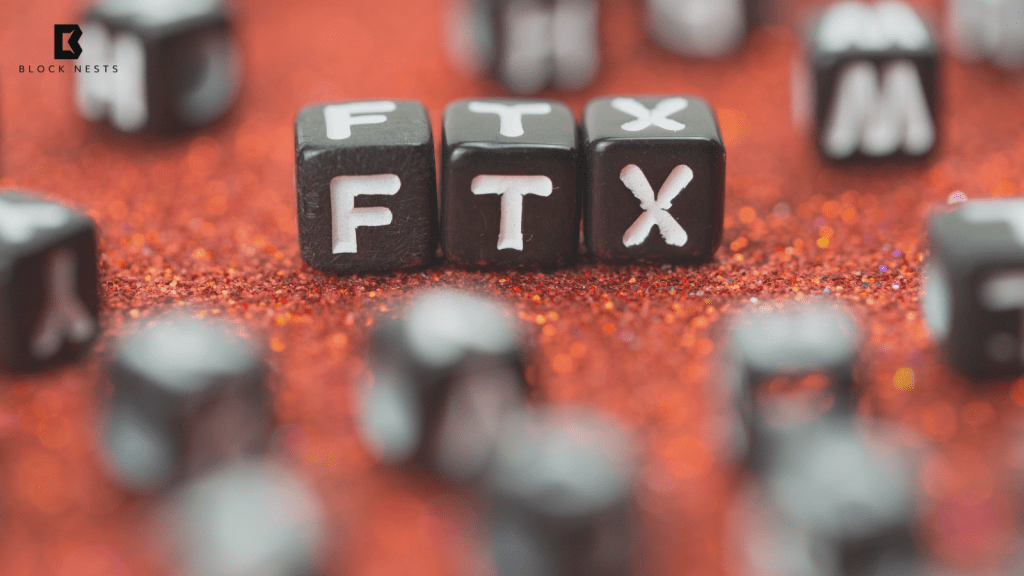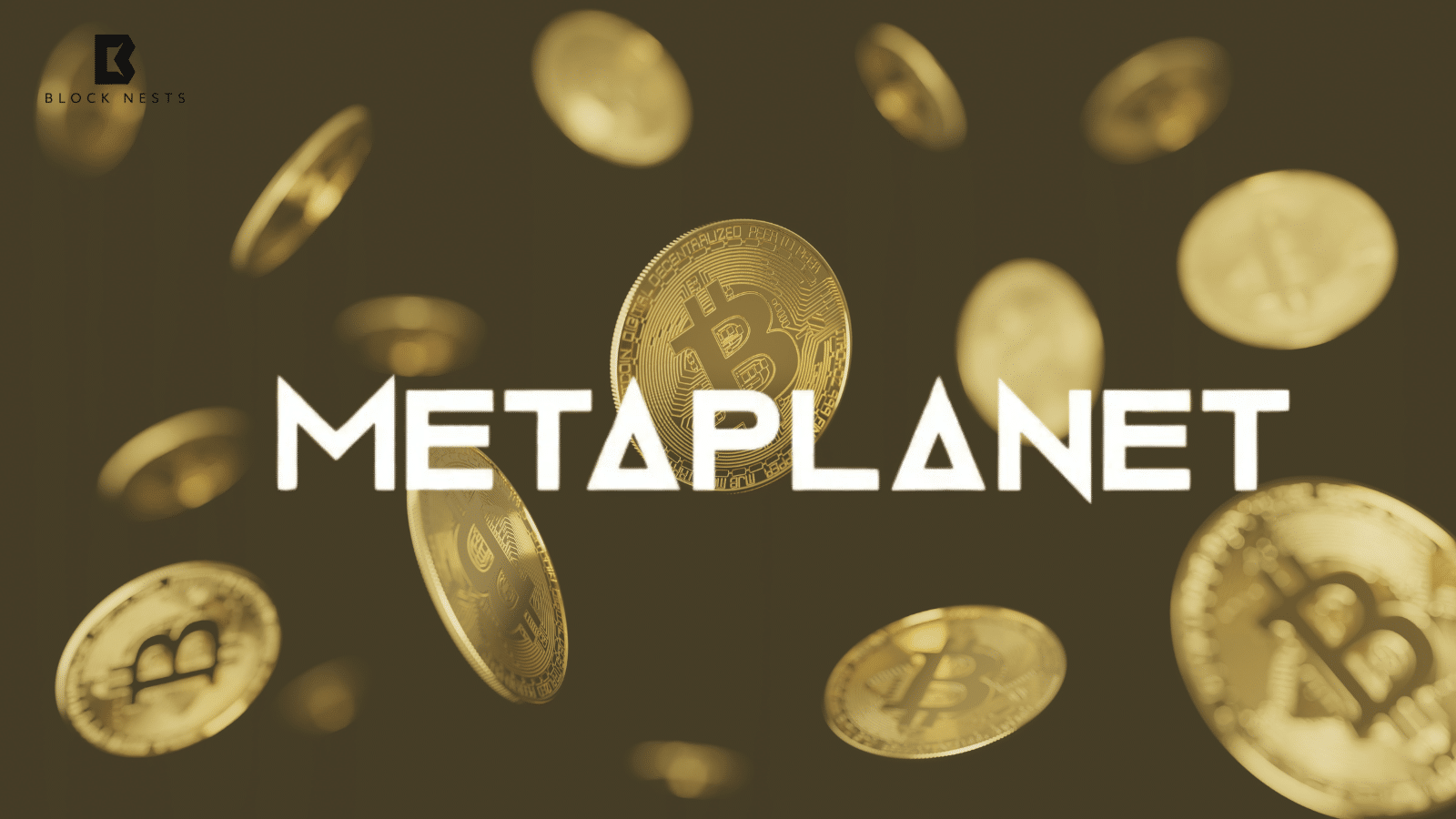- FTX has filed lawsuits against NFT Stars Limited and KUROSEMI INC. for failing to deliver digital tokens owed to its bankruptcy estate.
- The exchange is preparing to target more crypto projects and token issuers accused of withholding assets.
- FTX shifts to a more confrontational approach to maximize repayments to creditors, despite criticism.
FTX, the once-dominant cryptocurrency exchange that collapsed in 2022, is back in the spotlight not as a trading platform but as a legal force. FTX has initiated lawsuits against NFT Stars Limited and KUROSEMI INC., the creators behind the Web3 gaming project Delysium. This move is part of its latest efforts to recover lost assets and accelerate repayments to creditors.
According to a press release published on PR Newswire, FTX alleges that both companies failed to deliver specific digital tokens owed to the exchange’s bankruptcy estate. Despite multiple reminders and negotiation efforts, the assets remain unrecovered. With out-of-court discussions proving unsuccessful, FTX is now pursuing court intervention to force the return of these disputed tokens.
This legal push is part of a broader strategy. FTX has signaled that more lawsuits are imminent, targeting additional crypto projects and token issuers allegedly holding onto assets that belong to the estate. The message from the exchange is crystal clear: cooperate and return the assets or face swift legal consequences.
The lawsuits mark a notable escalation in FTX’s post-collapse efforts. While the bankrupt exchange has claimed it prefers amicable resolutions, it is now embracing a more aggressive legal posture to fulfill its mission of maximizing repayments to customers and creditors affected by the collapse.
FTX Legal Battles Heat Up Amid Crypto Crisis
However, not everyone is applauding the move. Crypto analyst Eva Lenoir sharply criticized FTX’s legal action, referring to it as a performative “sheriff act.” In a post on social media, she questioned why such energy wasn’t directed toward preventing the collapse under former CEO Sam Bankman-Fried. Lenoir argues that these lawsuits come too late to provide real relief and that small retail investors are likely to bear the long-term costs of the exchange’s failure.
Ah, FTX se réveille enfin pour jouer les shérifs ! 😏 Mais où étaient ces justiciers quand Sam Bankman-Fried jouait au Monopoly avec vos fonds ? Les procès contre NFT Stars et Delysium, c'est trop peu, trop tard.
— Eva Lenoir (@realevalenoir) April 28, 2025
Despite the backlash, FTX’s legal team remains focused on the task at hand. They assert that recovering even small amounts of lost assets could significantly boost the pool available for creditor repayment. As cryptocurrency markets stabilize, every recovered token holds renewed value.
“Our objective is clear,” a spokesperson said. “We will pursue every legal option available to recover what rightfully belongs to the estate and return it to creditors.”
As FTX continues to navigate the complexities of bankruptcy, its legal strategy is becoming a defining feature of its comeback narrative. Lawsuits are no longer just a threat; they are a reality, and more firms may soon find themselves entangled in litigation.
While the collapse of FTX left a deep scar on the crypto industry, the exchange’s relentless pursuit of asset recovery may offer a glimmer of restitution for those still waiting to be made whole. The story of FTX is far from over, and now, it’s unfolding in courtrooms around the world.
Related | Melania Meme Token Sells $1.5 Million in 3 Days and Raises Concerns
How would you rate your experience?






